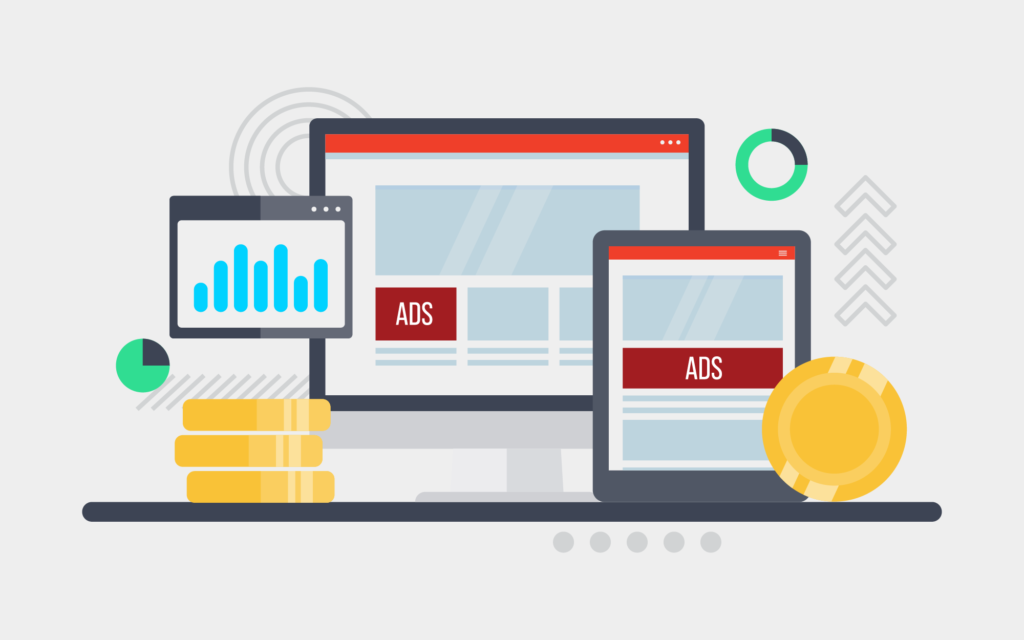Google Ads management services help businesses plan, execute, and optimize their paid search campaigns to reach the right audience effectively. These services focus on improving ad performance, managing budgets, and increasing return on investment. They ensure that campaigns deliver measurable results by continuously adjusting strategies and targeting.
Many companies choose Google Ads management services to save time and leverage expert knowledge in navigating complex advertising tools. By using specialized software and insights, these services enhance ad efficiency and help businesses grow their online presence. Managing multiple accounts and campaigns becomes more streamlined with dedicated support and technology.
Professional management also involves regular analysis and reporting to refine campaigns based on data. This ongoing optimization ensures that businesses get the most value from their ad spend while maintaining brand consistency across different platforms.
Comprehensive Google Ads Management Services
Google Ads management involves careful planning, precise execution, and ongoing adjustments. The process focuses on aligning ad campaigns with business goals, refining creative assets, and targeting the right audience with relevant keywords.
Campaign Strategy Development
Developing a campaign strategy begins with understanding the business’s objectives, market position, and budget constraints. The manager defines clear goals, such as increasing sales, generating leads, or boosting brand awareness, which guide all campaign decisions.
They analyze competitors and assess historical data to identify opportunities and risks. This research informs the selection of campaign types, bidding strategies, geographic targeting, and budget allocation.
Regular review points are built into the process to monitor performance and pivot strategies if metrics such as cost per acquisition (CPA) or return on ad spend (ROAS) fall short. This adaptive approach helps maintain efficiency and maximize impact.
Ad Creation and Testing
Ad creation focuses on producing compelling text, images, or videos tailored to the target audience. It involves crafting headlines, descriptions, and calls to action that clearly communicate the product’s benefits.
Testing multiple ad variations is essential. A/B testing compares elements like copy, visuals, and formats to determine which perform best. The process ensures continuous improvement, reducing wasted spend on ineffective ads.
Ads must also comply with Google’s policies to prevent disapproval. Optimization includes timely updates based on performance data and seasonal trends, keeping campaigns relevant and engaging.
Keyword Research and Targeting
Effective keyword research identifies the most relevant and profitable search terms for the campaign. This involves using tools to analyze search volume, competition, and user intent.
The manager classifies keywords into categories such as branded, competitor, and long-tail terms to capture various user behaviors. Negative keywords are also selected to exclude irrelevant or low-conversion traffic.
Targeting ensures ads reach specific segments through location, device, language, and audience demographics. This precision improves ad relevance, lowers costs, and increases conversion potential. Regular keyword analysis updates the list to reflect changing trends and performance data.
Performance Optimization and Reporting
Effective Google Ads management requires precise control over bidding strategies and allocation of budget to maximize returns. Additionally, tracking conversions and analyzing campaign data ensures informed decisions that enhance campaign outcomes.
Bid Management and Budget Allocation
Managing bids involves adjusting offers to align with campaign goals such as increasing clicks, conversions, or return on ad spend. Automated bid strategies like Target CPA or Maximize Conversions help optimize spend by leveraging real-time data.
Budget allocation must prioritize high-performing campaigns and channels. Performance Max campaigns, for example, distribute budget across YouTube, Display, Search, and more, based on data-driven insights. Monitoring metrics like optimization score and channel-level performance guides reallocation toward better-performing segments.
Regularly reviewing these elements helps prevent overspending on low ROI areas and improves overall efficiency. Using Google’s optimization recommendations based on historical performance can simplify this process and maximize results.
Conversion Tracking and Analytics
Accurate conversion tracking is critical to measure the success of ads beyond clicks. Setting up conversion actions tailored to business goals, such as purchases or sign-ups, provides meaningful insights into campaign effectiveness.
Analyzing lag time between ad interaction and conversion ensures correct attribution and avoids misleading results. Google Ads reporting tools offer detailed views including channel-level performance, enabling precise identification of which platforms drive the most value.
With robust analytics, managers can refine targeting, adjust creative messaging, and optimize budget allocations. Combining conversion data with performance insights supports a data-driven approach to ongoing campaign improvement.






